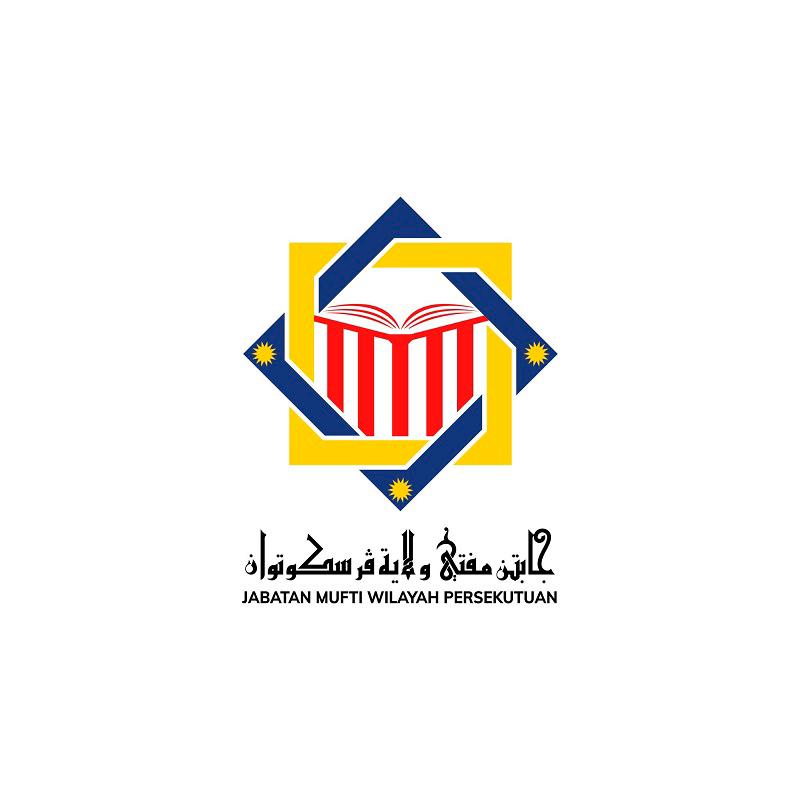PETALING JAYA: The Federal Territories Mufti Office has advised the public to examine the origin of the “ruqyah dissolved in water” practice before purchasing it online to distinguish between legitimate ruqyah and potentially harmful or misleading claims.
Its deputy mufti Sahibus Samahah Jamali Mohd Adnan said the source must come from a reliable and trusted authority and adhere to Islamic principles of medical treatment.
Ruqyah is the practice of using Quranic verses and invocations as prescribed by the Prophet Muhammad SAW for the treatment of physical and non-physical ailments.
“Islam permits various alternative methods and treatments, including using verses from the Quran. Therefore, using ruqyah papers as an alternative for spiritual treatment and similar purposes is allowed.
“However, it is essential to consider certain factors, including maintaining the sanctity of the Quranic verses and ensuring there is no element of disrespect towards the sacred texts,” he said.
Jamali was commenting on an online platform promoting a product called “ruqyah dissolve water” or Quranic water, priced from RM156 to RM209, which claims to offer protection and healing from sihr (black magic), “evil eyes” and envy.
The platform also claims to use halal edible paper and ink for its products as a way to differentiate itself from others selling the item.
Jamali said while Islam permits such alternatives, one should verify the authenticity and adherence to Islamic principles by consulting experienced medical practitioners who are knowledgeable about Islamic medical practices.
“Seeking advice from scholars and experts who specialise in the field of Islamic healing can provide further assurance that the products are legitimate and in line with Islamic teachings.
“This dual approach helps ensure that the products are effective and compliant with religious guidelines,” he said, adding that products claiming to align with Islamic teachings and practices must ensure they avoid elements that may imply or lead to shirk, which is associating partners with Allah SWT as this is fundamental to maintaining the purity and integrity of Islamic beliefs and practices.
“It is crucial that the verses chosen for treatment are authentic and applicable, fulfilling their intended purpose effectively. These practices should also adhere to the decisions of the National Council for Islamic Religious Affairs Malaysia to prevent Quranic verses from being exploited for commercial purposes.”
Jamali said when Quranic verses are reproduced, it is crucial to uphold the sanctity of the Quran and protect the product from contact with ink that is impure that would taint the holiness of the text.
He also said it is essential to ensure the verses are complete and not mixed with any heretical or misguided incantations.
“Mixing Quranic verses with non-Islamic or heretical mantras not only corrupts the message but also disrespects the (Quran).
“This preservation of purity and integrity aligns with the command of Allah SWT, who emphasises the importance of maintaining the sanctity and truth of the Quran.”
Jamali said legally and ethically, misusing religious texts or misrepresenting spiritual practices may have repercussions in some jurisdictions.
He said this encompasses spoken words, written comments, visual depictions or any other methods that insult or degrade Islam, ridicule or mock its practices and ceremonies, or undermine respect for laws on Islam in the Federal Territories.
“Criticism of Islam is considered a serious offence under syariah law in Malaysia. According to Section 7 of the Syariah Criminal Offences Act (Federal Territories) 1997, any form of criticism directed towards Islam or its laws and judgments can be categorised as insulting Islam.
“Those found guilty of such offences face penalties that include fines up to RM3,000 or imprisonment of a maximum of two years, or both.”









